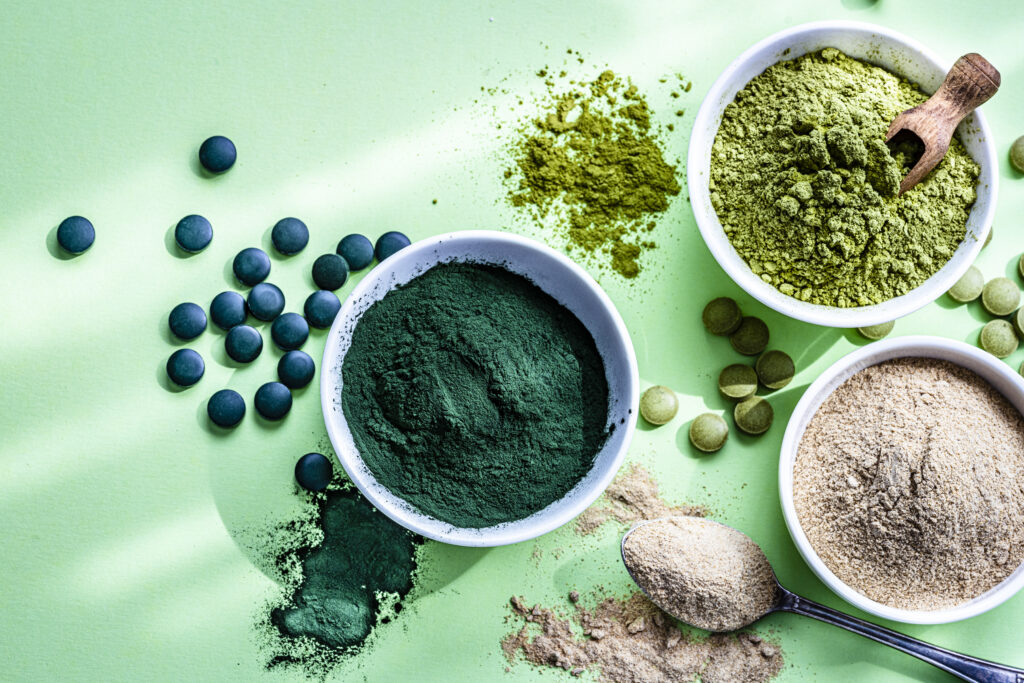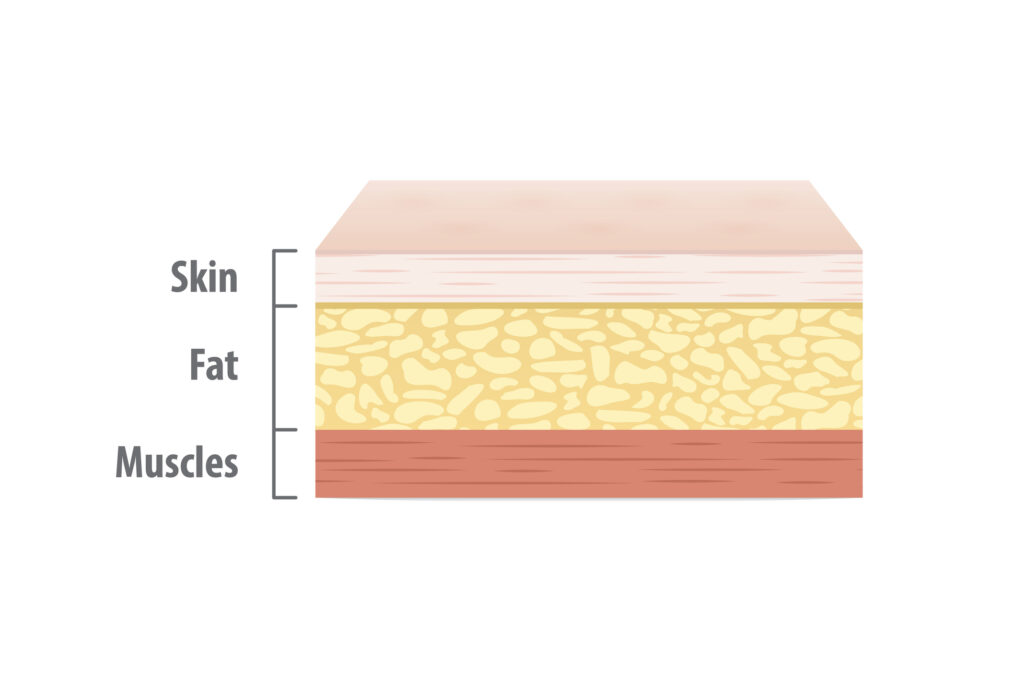BCAAs: What Are They, and Do You Really Need Them?
When it comes to supplements, BCAAs (branched-chain amino acids) are among the most popular in the fitness world. You’ve likely seen them marketed as a must-have for muscle recovery and performance. But are they as essential as they seem, or are they just another hype in the vast world of fitness supplements?
Let’s break down what BCAAs are, how they work, and whether they’re something you really need to add to your wellness routine.
What Are BCAAs?
BCAAs stand for branched-chain amino acids, which include three essential amino acids: leucine, isoleucine, and valine. These amino acids are called “essential” because your body can’t make them on its own, meaning you have to get them from food or supplements. They’re found in high-protein foods like meat, eggs, and dairy, but BCAA supplements isolate these three to help target muscle performance and recovery.
Here’s a breakdown of each:
- Leucine: Often considered the most important BCAA, leucine is key for protein synthesis, which helps repair and build muscle tissue after exercise.
- Isoleucine: Plays a role in energy production and helps improve endurance during workouts.
- Valine: Supports muscle metabolism and tissue repair.
How Do BCAAs Help with Muscle Recovery and Performance?
BCAAs are heavily promoted for their ability to reduce muscle soreness and speed up recovery. The science behind this suggests that BCAAs help reduce the breakdown of muscle proteins during exercise. They may also lower exercise-induced fatigue, which is why many people use them before or during workouts for an energy boost.
Some studies show that BCAA supplementation can decrease delayed-onset muscle soreness (DOMS), allowing you to recover faster and perform better in subsequent workouts. For example, a study published in the Journal of the International Society of Sports Nutrition found that BCAAs helped reduce muscle soreness after exercise, particularly in untrained individuals.
Do You Really Need BCAAs?
This is where things get a little more nuanced. Whether or not you need BCAA supplements depends on a few factors, including your diet, fitness goals, and the type of exercise you do.
1. If You’re Already Eating a Protein-Rich Diet
If you’re consuming enough protein from whole foods—like chicken, fish, eggs, and legumes—you’re probably already getting plenty of BCAAs naturally. Most high-protein foods contain BCAAs, and unless you’re training at an elite level or have specific recovery needs, a well-balanced diet should cover you.
However, if you’re someone like me, juggling a busy schedule with kids, business, and trying to hit fitness goals, sometimes meals aren’t perfect. I do my best, but there are days when I need a little help filling those gaps—whether it’s a protein shake or a BCAA supplement to ensure I’m not missing out on what my body needs. (Here’s a link to the BCAA supplement I use.)
2. Endurance and High-Intensity Athletes
For endurance athletes or those doing high-intensity workouts, BCAAs might offer an extra edge. These amino acids can help reduce muscle breakdown during prolonged exercise, improve endurance, and speed up recovery. If you’re doing a lot of resistance training or cardio, incorporating BCAAs could be beneficial for performance and quicker recovery between sessions.
3. Caloric Deficit or Fasting
If you’re on a calorie-restricted diet or practicing intermittent fasting, BCAAs can help preserve muscle mass. When you’re in a calorie deficit, your body can turn to muscle tissue for energy, which is where BCAA supplementation may help minimize muscle loss. I’ve found this particularly useful when I’m focusing on fat loss but want to maintain my muscle tone.
Debunking BCAA Myths
Let’s address some common misconceptions about BCAAs:
Myth 1: BCAAs Alone Will Build Muscle
While BCAAs are important for muscle repair, they don’t directly build muscle on their own. You still need a combination of complete protein, a calorie surplus (if your goal is to gain muscle), and strength training to see muscle growth. BCAAs help with muscle recovery, but they aren’t a magic solution for building muscle mass.
Myth 2: You Can’t Get Enough BCAAs from Food
As mentioned earlier, if you’re eating a diet rich in protein, you’re likely already getting plenty of BCAAs. Foods like meat, eggs, dairy, and even plant-based sources like quinoa and soy products are naturally high in these amino acids. Supplements are a convenient option, but not a necessity if your diet is balanced.
Myth 3: BCAAs Are Essential for Everyone
Not everyone needs to take BCAA supplements. For those who work out moderately and eat a varied diet, BCAA supplements may not provide significant benefits. However, they can be useful for individuals with specific goals, such as athletes or those in a caloric deficit, as mentioned earlier.
How to Use BCAAs and Where to Find Them
BCAA supplements typically come in powder, capsule, or liquid form. They’re often consumed before, during, or after workouts to aid performance and recovery. Personally, I like to use BCAAs when I know my body needs the extra recovery boost—especially after an intense workout session.
How to take them:
- Pre-workout: For energy and to help reduce muscle breakdown.
- Intra-workout: To support endurance and reduce fatigue.
- Post-workout: To aid muscle recovery and reduce soreness.
If you’re looking to try BCAA supplements, here’s a link to my favorite option. They’re great for fast absorption and come in different flavors, making them easy to incorporate into your routine.
Final Thoughts: Are BCAAs Right for You?
BCAAs can be a helpful tool for muscle recovery, reducing soreness, and improving performance, especially for athletes or those with intense training regimens. However, they aren’t necessary for everyone, especially if you’re already eating a protein-rich diet. Before deciding to add BCAAs to your supplement stack, take a close look at your diet, workout intensity, and specific fitness goals.
Remember, while supplements like BCAAs can provide benefits, they work best when combined with a balanced diet and consistent training.
Keep moving forward on your wellness journey, and if you decide BCAAs are right for you, they might just be that little extra boost you need to reach your fitness goals.
Love Always,
L. Lee
Resources:
- Jackman, S. R., et al. (2017). Branched-chain amino acid ingestion can ameliorate muscle soreness and damage induced by resistance exercise. Journal of the International Society of Sports Nutrition.
- Shimomura, Y., et al. (2004). Exercise promotes BCAA catabolism: effects of BCAA supplementation on skeletal muscle during exercise. Journal of Nutrition.
- Wilson, J. M., & Wilson, G. J. (2006). Contemporary issues in protein requirements and consumption for resistance trained athletes. Journal of the International Society of Sports Nutrition.




